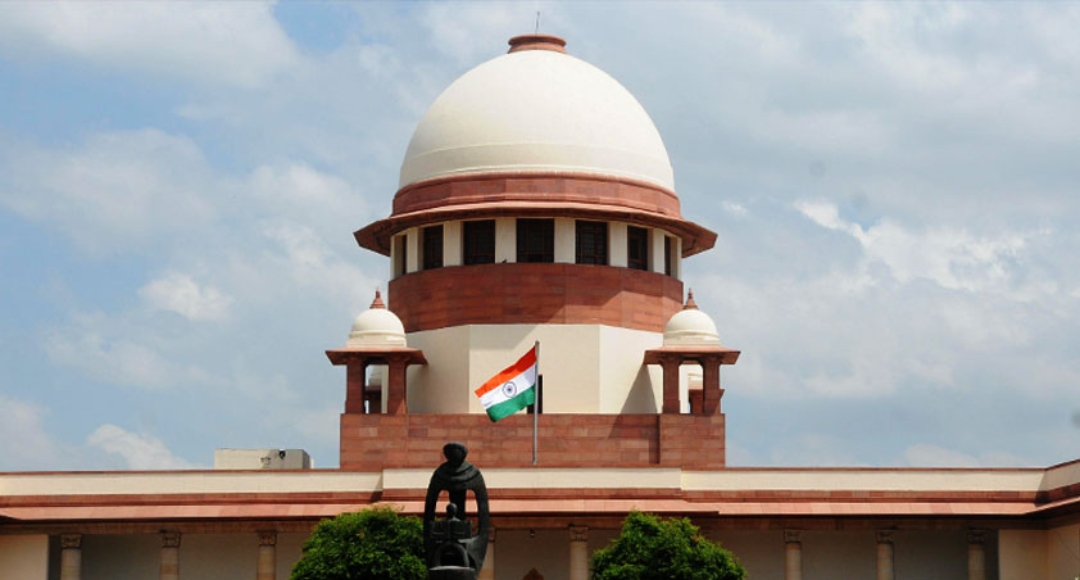When it comes to government recruitment, qualifications are key. But what happens when someone has a higher qualification than required? Should they be rejected for a job they are otherwise fully capable of doing? The Supreme Court recently delivered a ruling that answers this question, offering clarity and fairness in a case involving candidates with postgraduate degrees who were unfairly disqualified from applying for a Food Safety Officer (FSO) post. Let’s dive into the details of this landmark decision.
A Fight for Fairness in Recruitment
The story begins with a group of candidates who were postgraduates in Microbiology and Food Science. They applied for the position of Food Safety Officer (FSO) in Jharkhand. The job advertisement clearly stated that applicants should hold a Bachelor’s degree in relevant fields like Food Technology, Dairy Technology, or Biochemistry. However, the candidates, having completed their Master’s degrees, were disqualified during the recruitment process. The reason? The advertisement excluded those holding a Master’s degree in the relevant subjects.

The decision to reject these candidates felt unfair to them, especially since they possessed higher qualifications. Undeterred, they took their case to the Jharkhand High Court, where they argued that their qualifications should be considered valid for the post. Unfortunately, the High Court upheld the disqualification, stating that only candidates with a Bachelor’s degree were eligible. This left the appellants feeling that their academic achievements were being overlooked.
The Supreme Court Judgment
Feeling that justice had not been served, the candidates appealed to the Supreme Court, which carefully examined the case. The Supreme Court recognized that rejecting candidates solely based on their higher qualifications was not reasonable. Justice Mehta, writing the judgment, emphasized that the term “degree” in recruitment advertisements and statutory provisions should be interpreted to include Bachelor’s, Master’s, and Doctorate degrees unless explicitly excluded. This interpretation is based on the University Grants Commission (UGC) Act, which defines “degree” to encompass all three levels of education. The Court found that the exclusion of Master’s degree holders in relevant subjects like Microbiology and Food Science was arbitrary and lacked any rational basis. The judgment made it clear that possessing a Master’s degree should not disqualify a candidate, especially when a Bachelor’s degree was already deemed acceptable. The ruling was a reminder that higher qualifications should not be seen as a disadvantage but rather as an asset that brings added value to the role.
The Role of the State Government in Recruitment
The Supreme Court also addressed a crucial point regarding the role of the State Government in setting recruitment criteria. It ruled that the State Government had no authority to impose additional restrictions or interpretations beyond what the Central Government had prescribed. The qualification requirements for the FSO post lie solely within the jurisdiction of the Central Government. Therefore, the State’s actions in excluding candidates with Master’s degrees went beyond their authority.
What This Means for the Future
The Supreme Court decision is a significant victory for all individuals who believe in the power of education and fairness. It clarifies that candidates with higher qualifications should not be penalized or excluded from opportunities based on arbitrary recruitment rules. The Supreme Court ruling sets a positive precedent, encouraging fairness and inclusivity in government recruitment processes. For the appellants, this decision meant more than just a legal victory. It was a validation of their hard work, dedication, and the years they had spent acquiring advanced knowledge in their fields. The Supreme Court directed that they be reconsidered for the position from the stage they were disqualified, and if there were no vacancies, supernumerary posts would be created to accommodate them.

While the appellants were not entitled to back wages, they would receive all service benefits on a notional basis. Their seniority would be fixed below the last candidate selected in the original recruitment process to ensure that the appointments did not disturb the existing seniority structure.
Conclusion
The Supreme Court judgment is not just a legal decision it’s a reminder that qualifications should never be a barrier to opportunity. Whether you’re a recent graduate or someone with advanced degrees, your educational achievements should be seen as assets, not obstacles. This case highlights the importance of fairness, equity, and transparency in recruitment processes, ensuring that every candidate has a chance to contribute their skills and knowledge.
Disclaimer: The information provided in this article is based on the details available at the time of writing. Legal cases and judgments are subject to change, and it is recommended to refer to the official judgment for the most up-to-date information.
Also Read:
Evolution and Scope of Administrative Law
Supreme Court Slams Overpriced Lawyers: Justice Must Be Accessible to All






